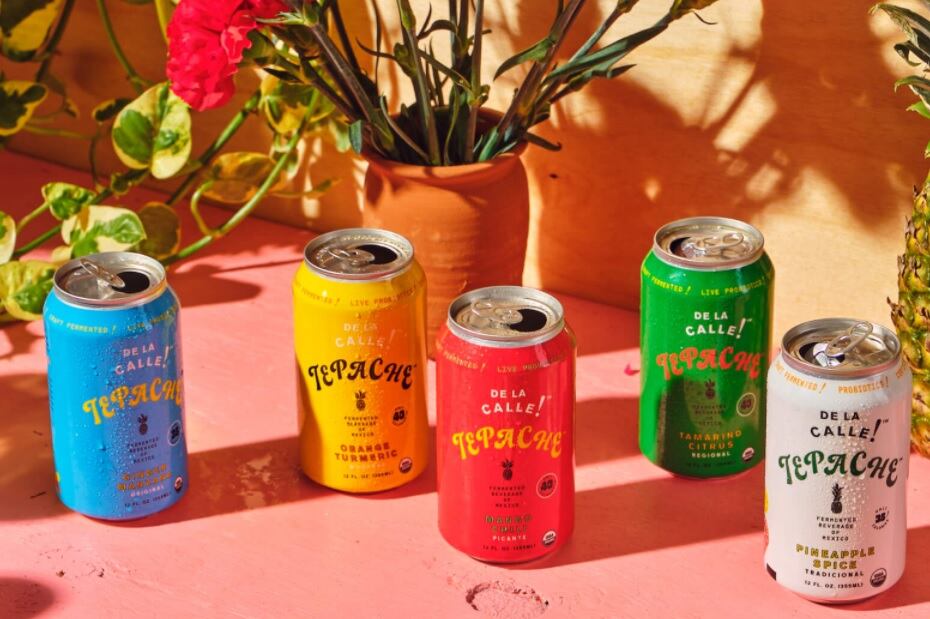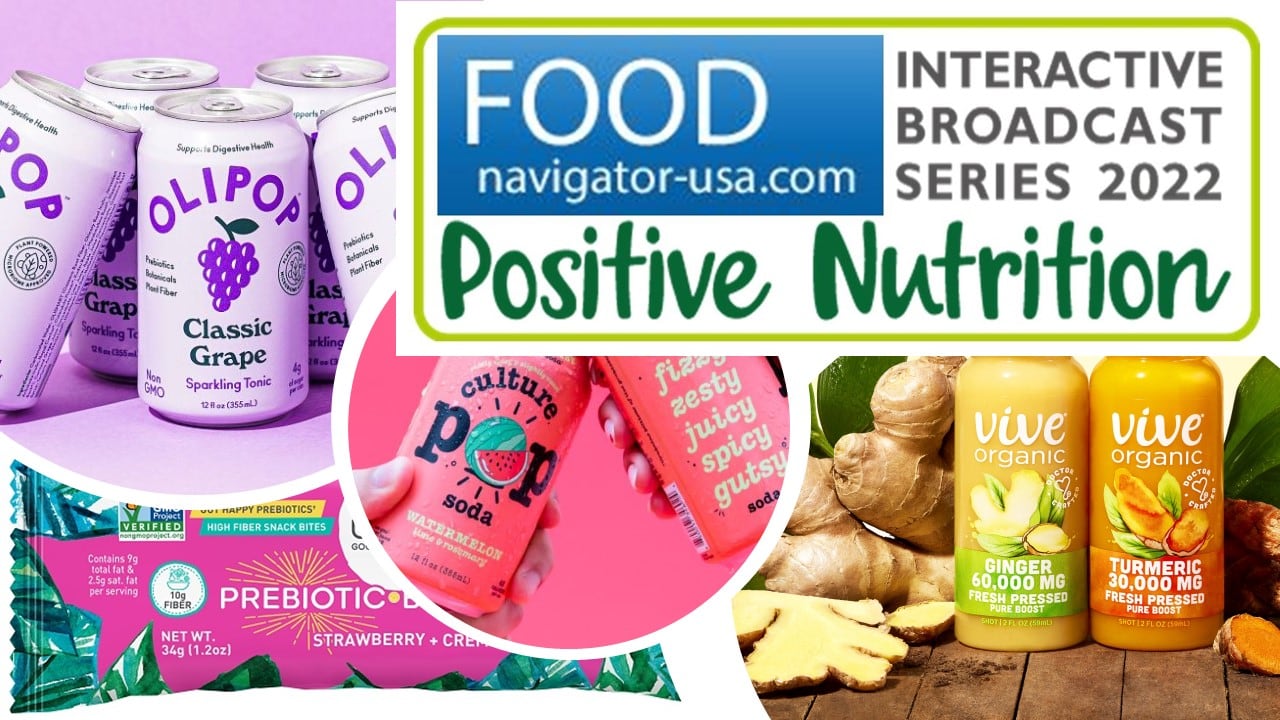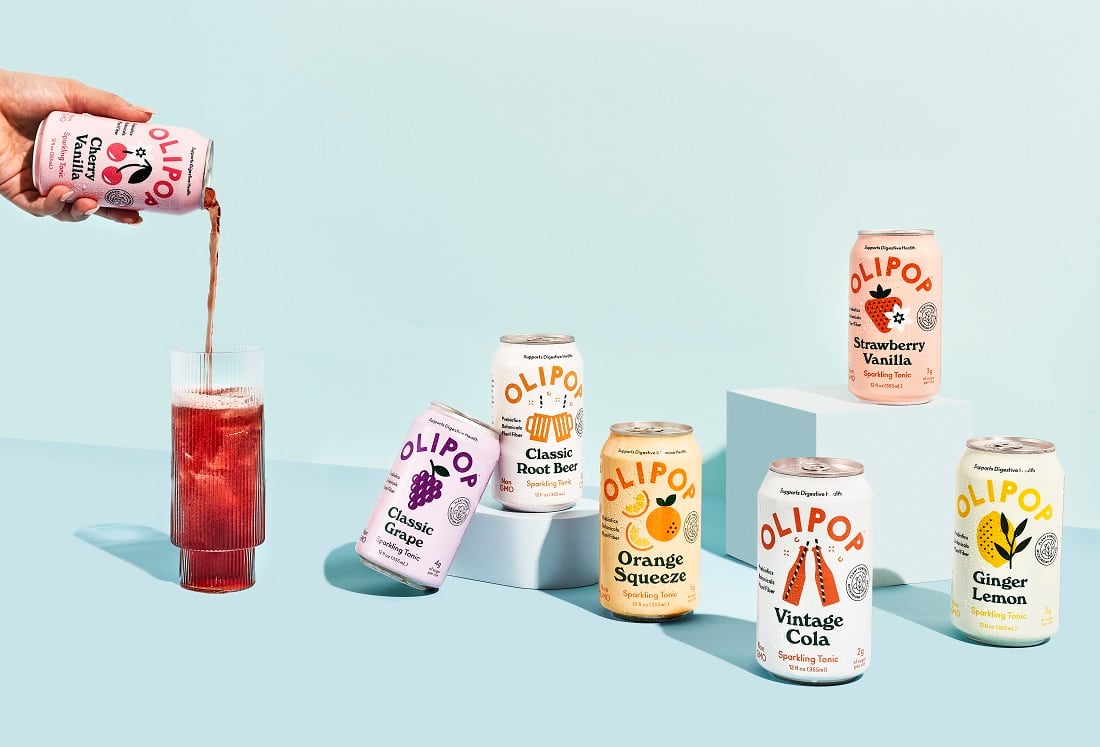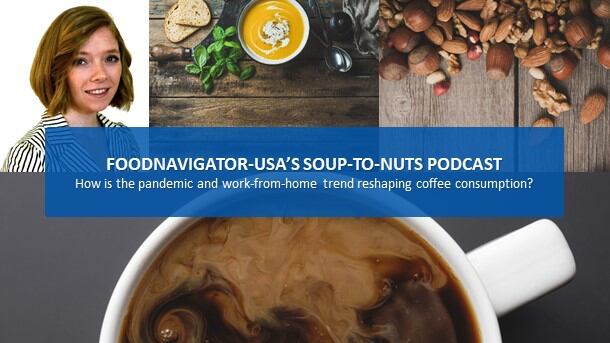The fundraise led by the private equity firm KarpReily, who teamed with HERE Studio and DrinkPAK to launch De La Calle through a joint venture, will help the company, which launched last year, expand distribution and introduce new flavors so that more Americans can experience what one co-founder described as a long-held secret of Latin America.
De La Calle co-founder Alex Matthews, and the entrepreneur behind HERE Studio, explained to FoodNavigator-USA that he is eager for more Americans to try his company’s lighter, updated version of tepache partly because it offers in-demand health benefits but more because its flavors can transport them across Mexico and Latin America to sample a different culture.
He explained when he first tried tepache in Mexico City he was immediately struck by its bold flavor, and how it seemed to appeal to everyone around him. After Matthews' server scooped the fermented pineapple beverage out of a wooden barrel and passed it to him in a plastic bag rubber-banded shut around a straw, he turned to serve it to a middle-aged man and then a separate family with children, Matthews recalls.
“I had never had tepache before – or even heard of it … but I immediately saw its potential in the everyday lives of the people around me,” and knew it would appeal to many Americans who are looking for products boasting natural functionality, like that which comes with fermented beverages, he said.
The only catch was the high sugar content coming in around 50 grams per 12 ounces, which he says, “is a lot.” He also knew that as authentic as the baggy and straw were, the beverage needed to be canned to make in America.
By working with third-generation tepache producer Rafael Martin Del Campo and colleagues at the private equity firm KarpReilly and the contract manufacturer DrinkPAK, all of whom launched De La Calle through a joint venture, Matthews said the team was able to “modernize” tepache to appeal to more health-conscious American consumers.
The result was a slight carbonated, organic, fermented beverage that is low in sugar, thanks to the substitution of erythritol, packs less than 40 calories per 12-ounce can and has natural probiotic and prebiotic properties to promote gut health.
While the beverage can easily sit next to emerging better-for-you sodas like Poppi, Olipop or fermented ready-to-drink kombuchas based on its health benefits, De La Calle tries not to hit consumers' over the head with the beverage' health benefits.
Yes, the can exclaims the beverage is “Certified Organic!,” “Fermented!,” and has “Live Probiotics!’ but Matthews says it doesn’t’ go “bonkers” with functional and health claims like many emerging brands.
Rather, he wants the beverage to stand out for its authentic flavors from regions where many Americans, who have been cooped up for years during the pandemic, are eager to learn more about.
With this in mind, the company’s original lineup draws on traditions of different states across Mexico, including Mango Chili, Ginger Manzana, Tamarind Citrus, Orange Turmeric, and Pineapple Spice. The latest fundraise also allowed the company to add four summery flavors – Watermelon Jalepeno, Cactus Prickly Pear, Grapefruit Line and Chamoy.
While this strategy may sound counter-intuitive in today’s health benefits-obsessed world, the approach seems to be paying off for De La Calle, which has won multiple awards for its product and packaging and quickly expanded to 2,000 doors in one year.
The fundraise also will support the expanded distribution of the beverages across five regions of Whole Foods, including Southern California, Northern California, Rocky Mountain, Northeast and Mid-Atlantic, Matthews said.
The beverage already is sold in 2,000 stores across 34 states through select Whole Foods, Erewhon, HEB, independent grocers and others.
Building a diverse team
The fundraise also will help De La Calle “put bums in seats” and build out its team to support the company’s expansion, Matthews said.
He explained that the company is “hyper-conscious about its recruiting policy because it wants to be culturally diverse. And so, we’ve prioritized people of Latino heritage,” which is important to him given tepache’s connection to Mexico and Latin America.
Beyond that, he is looking to fill out his sales team, add to his back office staff and operations and logistics teams.
Strategic partnership insulates against tough macro-economic headwinds
Launching a new business is never easy, but today’s macro-economic environment makes the task exponentially more difficult. But De La Calle’s partnership with DrinkPAK, which claims the most technologically advanced canned beverage facility in North America, has protected it from some of the more unfavorable headwinds, Matthews said.
He explained that DrinkPAK’s significant buying-power and operational knowledge about procurement, batching, processing, filling, packaging and distribution have helped cushion De La Calle from supply shortages, distribution challenges and inflation that have weighed on other CPG players.
In addition, De La Calle also controls its fermentation process. So, it doesn’t have to outsource to a co-manufacture, which has also helped protect the young company from being pushed from lines – a fate that has befallen many startups as larger CPG have been forced to outsource production due to labor constraints.
But higher costs have still hit De La Calle hard, Matthews said.
“The cost of ingredients has gone up and sourcing cans was extremely bad in 2020 and 2021. But it has gotten a little easier towards the end of the year,” he said.
However, the higher costs are keeping the company from lowering its price, which Matthews says is the company’s biggest hurdle in achieving its goal of being widely available to people across income brackets.
Currently, a can of tepache costs $3.29, which is not as expensive as a competing product – Big Easy Tepache, which sells for $8.34 for a 11.5 ounce glass bottle on Amazon. But it also isn’t as accessible as other name brand sodas with which the company hopes to compete.
But Matthews is optimistic about bringing down the price point and, in doing so, leveraging scale to make the beverage accessible to everyone in the US -- just as it is in Mexico.




